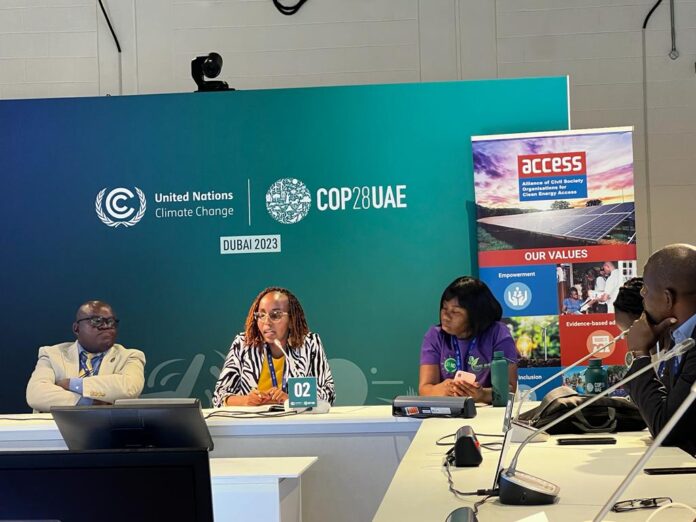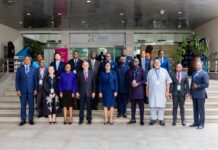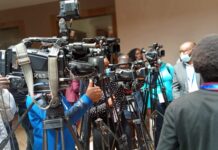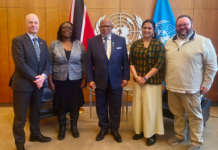By Florence Gichoya
Dubai, UAE: At the conclusion of COP28 in the UAE, the Alliance of Civil Society Organizations for Clean Energy Access (ACCESS Coalition) called for increased financing towards energy access in the Global South.
Africa faces limited access and supply of clean energy. As a result, this has led more people into energy poverty, slowed the pace of regional economic growth, integration and industrialisation.
Increasing financial investments in clean energy will facilitate progress in meeting the energy needs of people and industries. By financing the decentralized energy systems is the fastest and most reliable approach to accelerate clean energy access for off grid communities.
The civil society organizations welcomed the COP28’s outcome to “transition away from fossil fuels in energy systems, in a just, orderly and equitable manner” as a way to achieve net zero by 2050. However, this historic decision fell short of including the required finance flow to developing countries that will facilitate this much needed transition from fossil fuels to renewable energy.
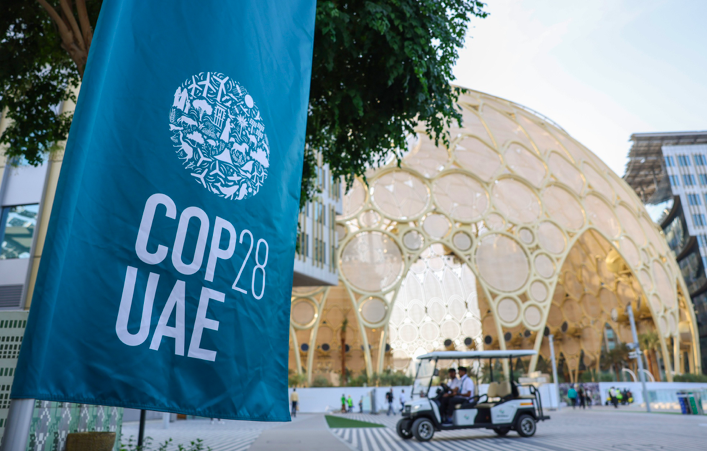 There’s an urgency to invest in renewable energy as a cost-effective mechanism to improve energy access given the untapped vast resources of solar and wind energy.
There’s an urgency to invest in renewable energy as a cost-effective mechanism to improve energy access given the untapped vast resources of solar and wind energy.
“Africa has huge potentials of solar and wind, however, that potential is on un-bankable projects. We need to fast track the funding of those un-bankable projects by calling on the developed countries to honor their Paris Agreement commitments to fund developing countries. This will facilitate in connecting the last mile communities,” said John Kioli, Chairperson of ACCESS Coalition.
The world is at the halfway mark of achieving the 2030 Sustainable Development Goals, yet 600 million people in Africa lack access to electricity and 970 million lack access to clean cooking. According to The International Energy Agency (IEA) estimates, Africa will need $4 billion every year to meet clean cooking energy needs of 250 million people.
Additionally, ACCESS Coalition acclaimed the ‘Global Renewables and Energy Efficiency Pledge’ by 118 countries to triple the world’s installed renewable energy generation capacity to 11,000 GW by 2030 and double the global average annual rate of energy efficiency from 2 percent to over 4 percent by 2030. In order to fast track the progress of Sustainable Development Goal (SDG) 7 of ensuring access to affordable, reliable, sustainable, and modern energy for all.
Multilateral Development Banks (MDBs) are the biggest financiers of energy globally. During COP28, the MDBs committed $61 billion of climate finance for low- and middle-income economies.
Despite Africa having an estimated 40% of the world’s renewable energy resources, only $60 billion or two percent of US$3 trillion renewable energy investments in the last decade have come to Africa.
ACCESS calls for global climate finance to be channeled to renewable energy and support clean energy access efforts. And support frontline organizations and end-user communities that need it most.
While the COP decisions on clean energy are a step in the right direction, there is a need for more action by holding the states, and non-state actors to honor their commitments and prioritize funding decentralized energy systems and clean cooking. These are the fastest and most reliable approaches to accelerate clean energy access for last mile communities and avert the negative impacts of climate change.

